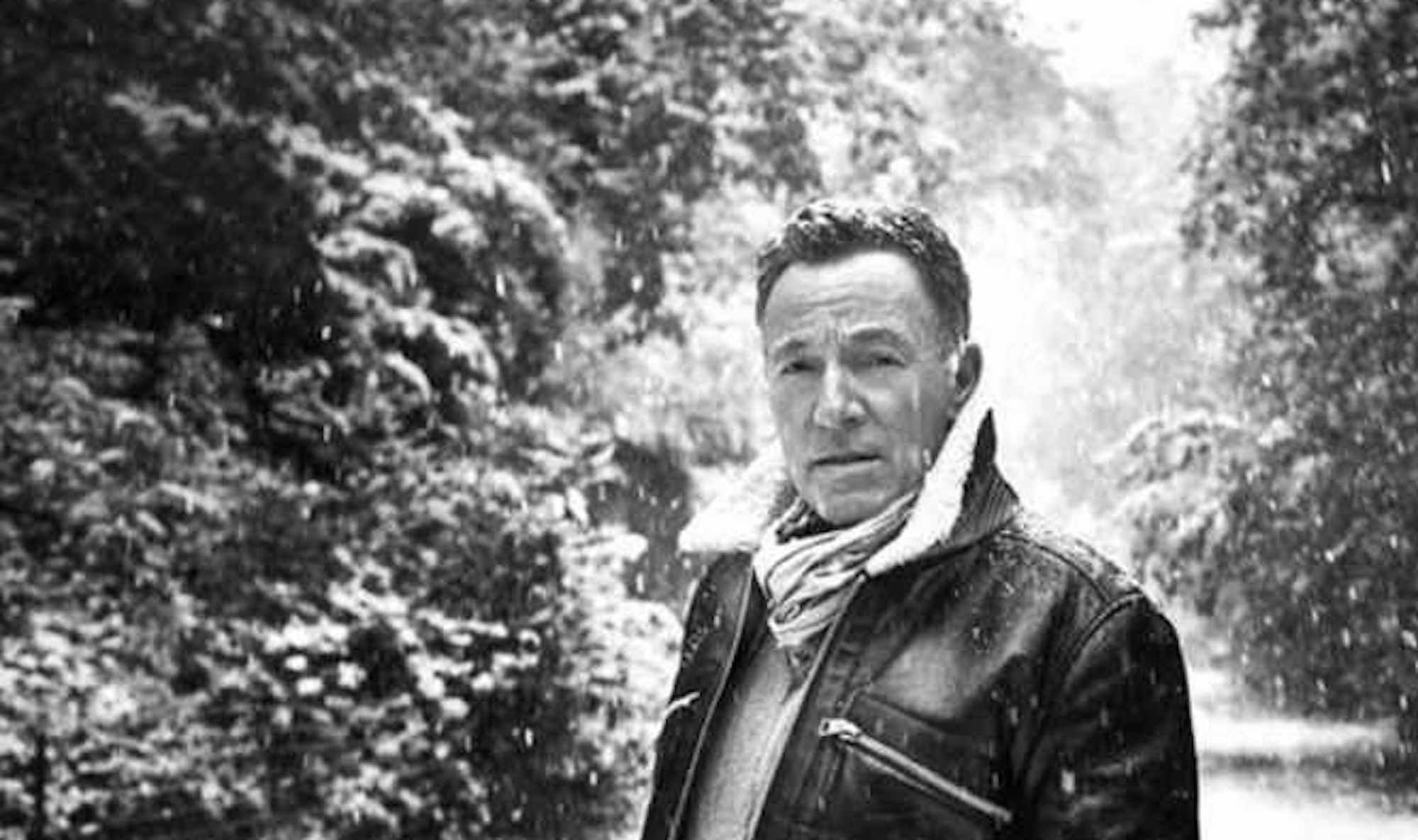Videos by American Songwriter
However, after butting heads with the Country Music Association because they asked him to shorten his performance on their televised awards show, he declined the invitation to attend the formal ceremony. He later told reporters that the honor meant “absolutely nothing, if you want to know the truth about it.” However, Jennings was present six days later when his likeness was enshrined on the walls of The Palm steakhouse just one block away.
“He had a don’t-give-a-shit attitude, like ‘If they’re going to like me, they’re going to like me. And if they’re not, they’re not.’ A lot of people have said that about him and I feel that way for myself,” says Sweeney. “I’m going to do what I’m going to do, so I can go to bed with my musical integrity at night.”
The tribute albums are produced by industry veteran Witt Stewart, a Lubbock native and lifelong fan of Jennings’ music. Stewart approached Colter with the idea to honor Jennings’ songwriting. She talked it over with Shooter Jennings, her only child with Waylon, and they wondered if the project was even necessary. After all, two tributes had come out in 2003. An RCA project featured tracks by Colter, Stargunn (Shooter’s band at the time) and Waylon himself, along with prominent country and rock stars. Meanwhile, an indie release on the Dualtone label offered many overlapping songs recorded by the likes of Guy Clark, Robert Earl Keen and Allison Moorer.
However, Stewart correctly pointed out that a new crop of country artists had emerged since 2003. So, after a long deliberation, Colter and Jennings agreed to move forward.
“I’m very passionate about my dad’s music but I’m always pretty skeptical of other people doing it,” the younger Jennings says. “It’s never going to be the same as him, but that’s why I think we got some really good music when these people did it their way.”
Shooter chose to record “Belle Of The Ball,” a Waylon original that serves as a metaphor for the music business. The song’s narrator is a rugged drifter that captures the heart of a beautiful woman – one who is pursued by an indistinguishable cast of characters. Shooter likens that storyline to contemporary country radio, where many of the top artists seem to look and sound alike. “You could interchange their names and not know the difference,” he says.
With his snoring bulldog at his side, Shooter recorded a trembling version of the ballad in the Los Angeles home he shares with actress Drea De Matteo and their growing family.
“My dad always said that was his favorite song he wrote and it was always one of my favorites,” says Shooter. “When he passed away, it was my choice to put the first line of that song on his gravestone because I felt like it was the way he described himself in a lyric – ‘A vagabond dreamer / A rhymer and singer of songs.’ That song was always so beautiful to me, melodically as well as lyrically.”
In the 1960s and early 1970s, Jennings composed only one of his singles, “Anita, You’re Dreaming,” a co-write with Don Bowman that peaked at No. 17. However, he relied on workhorses such as Harlan Howard, Red Lane and Mel Tillis with positive results. His highest chart position of this era was “Only Daddy That’ll Walk The Line,” produced by Atkins and written by country guitarist Jimmy Bryant. By the end of the decade, Jennings won a Grammy by recording Jimmy Webb’s “MacArthur Park” with a family quartet called the Kimberlys. His rendition of Chuck Berry’s lively “Brown Eyed Handsome Man” was a hit, too. But the Outlaw phase was yet to come.
Stewart remembers the battle for country artists to record the songs they wanted, rather than those simply presented to them by the label. “The artist was just looked at as no different than a guitar, as a property that they [the record company] owned. They dictated where artists recorded and they dictated which songs artists recorded. In those days, it was impossible to get an artist from RCA to sing on a Warner Bros. record. Contractually, they wouldn’t allow it. It’s difficult in these times but obviously you can make it happen. In those days, it was literally unheard of.”
“Waylon and I stood outside [RCA’s] Studio B, time after time, when they told him he could schedule time but then they told him it couldn’t work because they were all too busy for Waylon to record,” says Colter, who was discovered in Phoenix by rock guitarist Duane Eddy, who later became her producer and first husband. “I couldn’t figure it out. It’s like a thoroughbred like him is being treated like a mule? I didn’t understand it, because I had been in Los Angeles in the rock field and saw how they were handed beaucoups of money to go in and do what they want. That was not the case here.”
Increasingly frustrated with Nashville’s by-the-numbers approach to production, Jennings partnered with a determined New York-based lawyer, Neil Reshen, to renegotiate his contract. After plenty of legal wrangling with the label, Jennings finally gained the benefits that country artists had never enjoyed. He could now pick his own songs, work in any studio he chose and record material with his own band. When the label asked him to add trumpets to the landmark Honky Tonk Heroes album, he firmly declined – and the record company backed off.













Leave a Reply
Only members can comment. Become a member. Already a member? Log in.